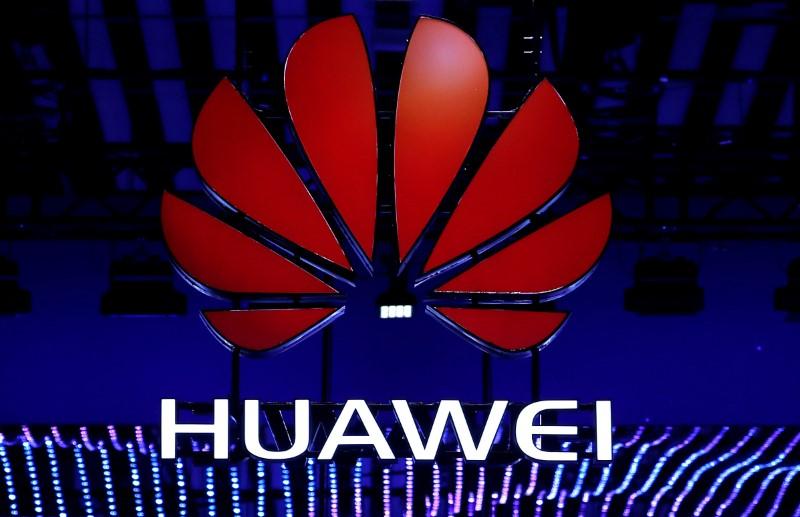Chinese telecoms Huawei and ZTE have been blocked from supplying equipment for Australia’s planned 5G Networks due to security concerns.
Australia’s federal government announced the ban in a joint statement on Aug. 23 and declared its commitment to take the necessary steps to “safeguard the security of Australians’ information and communications at all times.”




